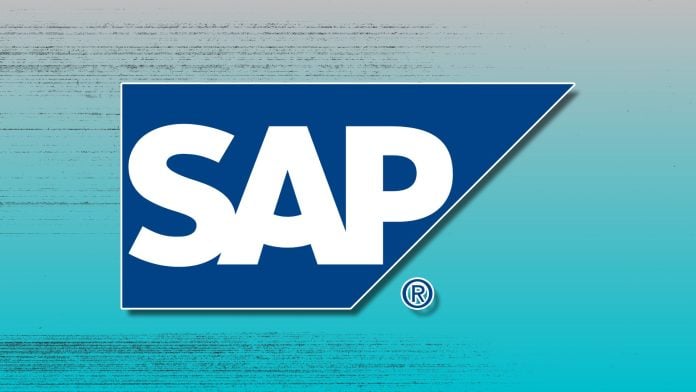SAP SE has just released its financial results for the third quarter of 2025, demonstrating a robust growth trajectory that offers significant implications for small business owners. With an impressive increase in cloud revenue and an optimistic outlook going forward, SAP’s performance highlights the evolving landscape of enterprise software solutions.
One of the most noteworthy achievements reported is SAP’s current cloud backlog, reaching €18.8 billion, marking a 23% increase—27% when adjusted for constant currencies. This reflects a rising adoption of cloud-based services among businesses looking for agile, scalable solutions. For small businesses, this trend signifies an opportunity to integrate more efficient systems that can drive operational performance without the need for heavy upfront capital investments.
Cloud revenue in Q3 surged by 22%, translating to 27% when considering constant currencies. This is particularly relevant for small business owners still navigating the challenges of digital transformation. Implementing cloud solutions can streamline processes, improve data accessibility, and enhance collaboration among teams, all at a fraction of traditional costs.
SAP’s Cloud ERP Suite also saw significant revenue growth of 26%, or 31% when adjusted for constant currencies. This product offers an integrated approach to managing core business functions—financials, human resources, and supply chain—making it easier for small business owners to adopt comprehensive solutions that foster business agility. With real-time analytics and automation features, the Cloud ERP Suite helps businesses make informed decisions swiftly, a crucial factor in today’s fast-paced market.
Christian Klein, SAP’s CEO, stated, “SAP delivered a great Q3 with strong cloud revenue growth of 27%. We are gaining market share as our customers are adopting solutions across the entire Business Suite, including Business Data Cloud and AI at an accelerated pace.” This indicates a clear trajectory in the adoption of advanced technologies, such as artificial intelligence, which can further heighten operational efficiency and innovation within small firms.
However, small business owners should also be mindful of potential challenges. The increased focus on cloud solutions requires a reliable internet infrastructure and can necessitate a change management strategy to ensure employees are adequately trained and ready to adapt. Transitioning to a cloud-based model could also involve upfront costs related to migration and integration, which are essential to account for in budget planning.
Dominik Asam, SAP’s CFO, emphasized the company’s resilience amid a volatile economic backdrop. “Q3’s strong performance underscores the strength and agility of our model. Through disciplined execution and a sharp focus on profitability and cash flow, we’ve maintained forward momentum.” This message reinforces the importance of strategic financial management for small businesses, particularly when exploring new technology investments.
For small business owners, the continued growth of cloud-based solutions presents a dual-edged sword of opportunity and caution. While the benefits—such as enhanced efficiency, streamlined operations, and improved decision-making—are clear, the challenges of implementation and the need for strategic planning are equally significant.
As SAP prepares for the fourth quarter, it projects continued growth in cloud revenue and cash flow, providing a strong incentive for small businesses to consider similar investments in digital solutions. With the right strategy, these small enterprises can leverage technological advancements to thrive in an increasingly competitive landscape.
The complete quarterly results are available on SAP’s investor relations site at SAP Quarterly Results. This release serves as a reminder that innovation and adaptability are key components in navigating both challenges and opportunities in today’s business world.
Image Via BizSugar



